Opposition Demands Release of IEBC Selection Panel Exit Report
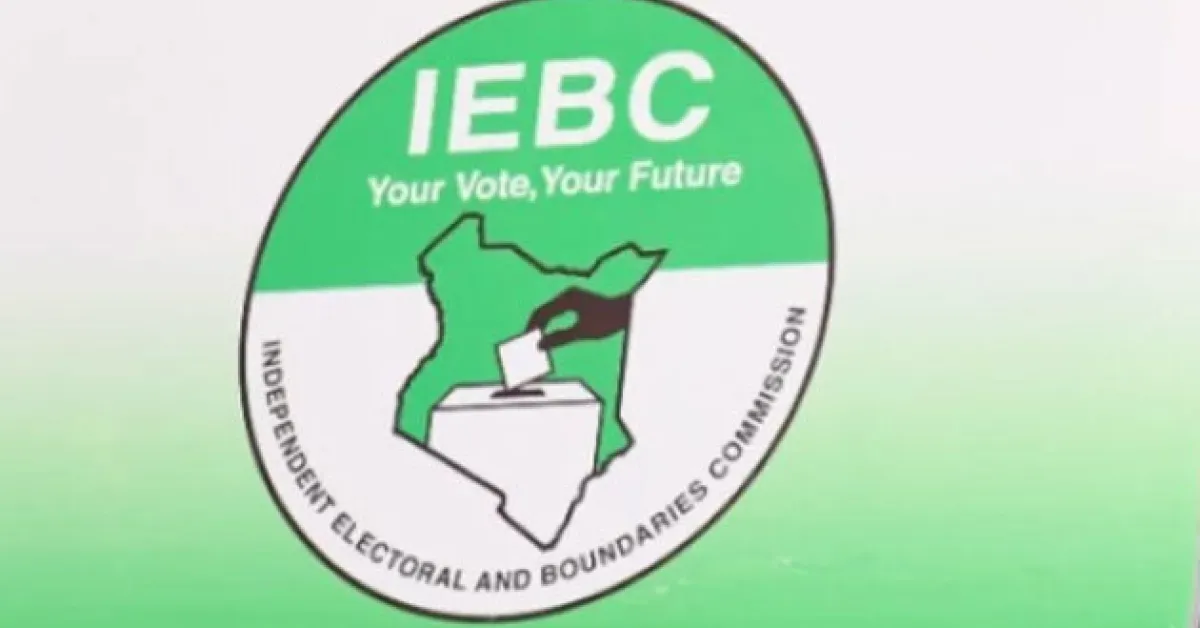
A coalition of opposition leaders is intensifying its demands for transparency in the appointment process of the Independent Electoral and Boundaries Commission (IEBC).
The opposition is calling for the immediate release of the selection panel's exit report, along with all records pertaining to the vetting and shortlisting of candidates for the commission's leadership. The demands, articulated in a strongly worded statement issued on May 13, 2025, underscore a growing rift between the opposition and the ruling administration over the impartiality and credibility of the electoral oversight institution.
The recruitment process for the IEBC’s leadership concluded on May 6, when President William Ruto received a list of nine candidates from the selection panel. From this list, President Ruto nominated Erastus Edung Ethekon as the chairperson of the commission and selected six individuals as commissioners: Anne Nderitu, Moses Mukwana, Mary Karen Sorobit, Hassan Noor, Francis Odhiambo, and Fahima Abdalla.
According to the opposition, the public has a right to full access to documents, including Hansard records, that detail the selection panel’s deliberations. The leaders argue that the veil of secrecy around the selection process undermines public confidence in the electoral body, thus threatening the integrity of Kenya’s democratic institutions.
Endorsing the statement were prominent opposition figures, including former Deputy President Rigathi Gachagua, Wiper Party leader Kalonzo Musyoka, People’s Liberation Party leader Martha Karua, and former Cabinet Secretary Eugene Wamalwa. Also endorsing the statement were Mukhisa Kituyi, Jubilee Party Chairperson Torome Saitoti, Democratic Party leader Justin Muturi, and former Interior Cabinet Secretary Fred Matiang’i, who now leads the United Progressive Alliance (UPA).
The opposition's statement asserted, “We demand the full and immediate publication of the exit report and all records used by the selection panel in making its recommendations.”
The opposition contends that the recruitment process was politically influenced and lacked transparency. Central to their concerns is the assertion that the selection panel failed to uphold impartiality and merit-based selection, instead opting for candidates who serve political interests. The full list of shortlisted candidates was never publicly released, fueling speculation about whether the recruitment process adhered to constitutional standards.
The parliamentary secretariat oversaw the process, however, the lack of clarity has compromised the credibility of Kenya’s electoral oversight institution. Opposition leaders further claim that the recruitment process was orchestrated to install a politically biased commission to favour President Ruto’s 2027 re-election bid. The leaders maintain that a fair electoral process cannot be guaranteed under the current leadership of the IEBC.
“This is not an independent commission for the people; it is a political project designed to subvert the will of Kenyans in broad daylight,” the statement reads.
The opposition accuses the selection panel of favouring individuals with close ties to the government, disregarding constitutional requirements, and sidelining qualified candidates. They allege that these candidates were overlooked because they did not align with President Ruto’s political interests. The opposition has raised specific concerns about the backgrounds of certain nominees. Erastus Edung Ethekon, the incoming IEBC chairperson, has been criticised for his alleged close ties to State House.
Additionally, opposition figures claim that Hassan Noor was not initially shortlisted but was later included due to political lobbying. The presence of Charles Nyachae and Joy Midivo, both of whom are seen as Ruto allies, had fueled concerns that the IEBC’s independence is being compromised. The opposition has also questioned the role of Dr. Adams Oloo, who allegedly served as both a panellist and Ruto’s communications advisor. Such claims have intensified demands for accountability, with leaders warning that the integrity of future elections could be at risk.
In response to these concerns, opposition figures have announced their intention to establish a parallel electoral watchdog called the “People’s IEBC.” This independent citizen-led body will act as a shadow commission, monitoring the official IEBC and holding it accountable to democratic principles.
“We are taking immediate steps to form a citizen watchdog that reflects the true spirit of the Constitution and national values of transparency and good governance,” opposition leaders stated.

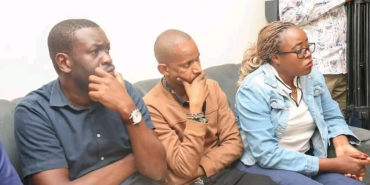
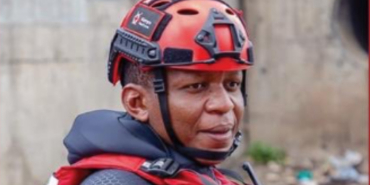
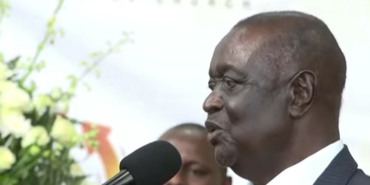


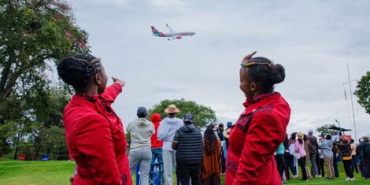
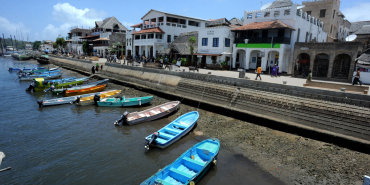
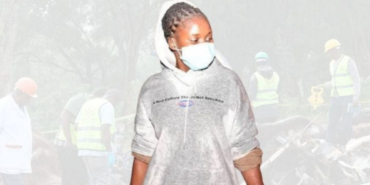





Add new comment